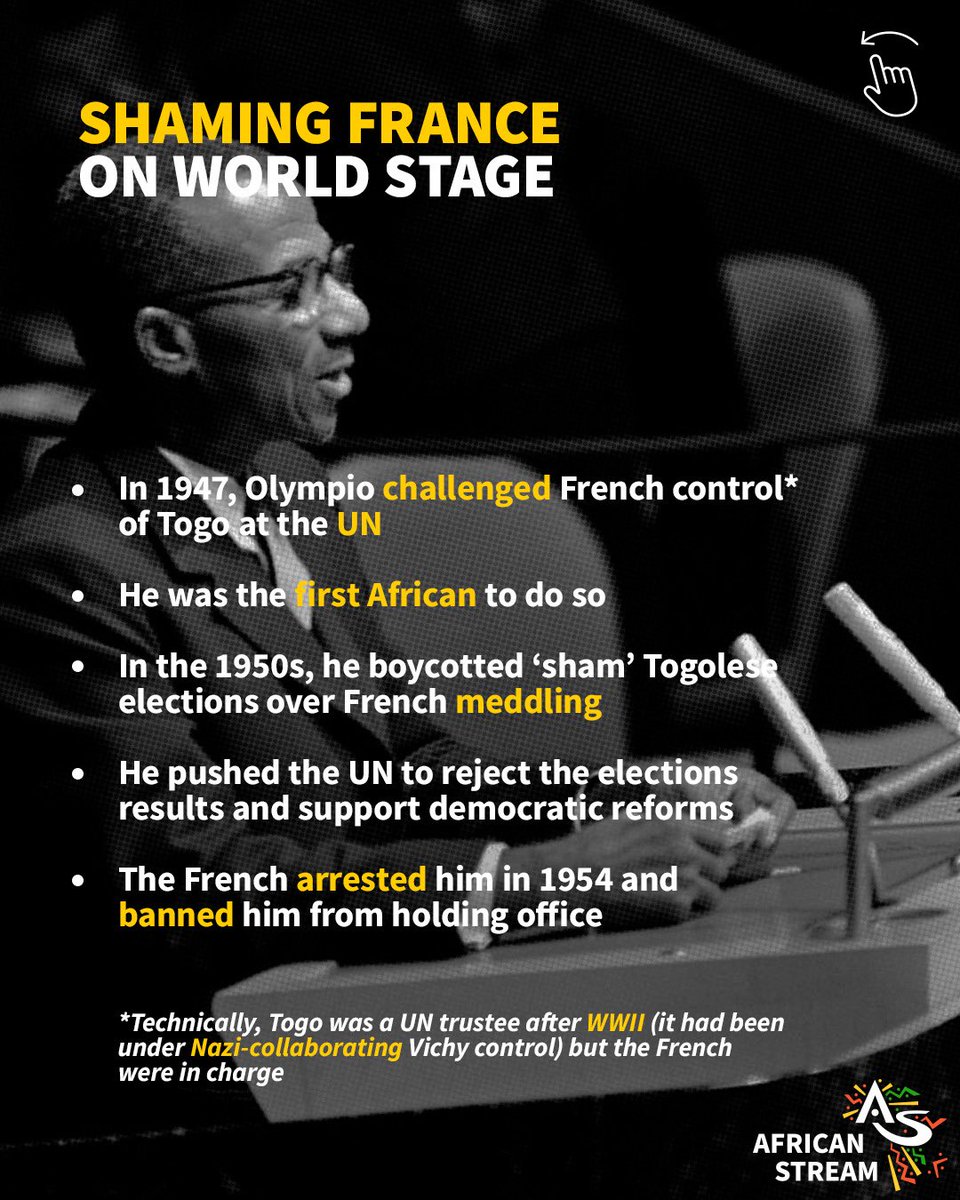THREAD 🧵
FRENCH CRIMES IN ALGERIA
“We did not choose the past.”
President Macron wants to distance himself from France's colonial past. However, the crimes committed in Algeria over a period of 132 years have not been forgotten and Paris still does not want to apologise.
FRENCH CRIMES IN ALGERIA
“We did not choose the past.”
President Macron wants to distance himself from France's colonial past. However, the crimes committed in Algeria over a period of 132 years have not been forgotten and Paris still does not want to apologise.
During Algeria’s war of independence (1954 - 1962), 1.5-million Algerians lost their lives seeking freedom.
#Africa #Colonialism #imperialism #IndependenceDay
#Africa #Colonialism #imperialism #IndependenceDay

In 1945 in Setif, French troops massacred 45,000 unarmed Algerians under the command of General Raymond Duval.
#Macron #massacre #raymondduval #setif
#Macron #massacre #raymondduval #setif

It was a 15-day campaign of violence.
Martial law was imposed, 44 villages were destroyed and French troops indiscriminately murdered men, women, children and the elderly.
Martial law was imposed, 44 villages were destroyed and French troops indiscriminately murdered men, women, children and the elderly.

France also carried out 17 nuclear tests in the Algerian desert in the 1960s.
Radioactivity caused the deaths of an estimated 42,000 Algerians, as well as extensive damage to the environment.
Radioactivity caused the deaths of an estimated 42,000 Algerians, as well as extensive damage to the environment.

France incessantly tried to erase Algeria’s identity.
It closed mosques as well as religious schools, and enacted discriminatory laws to usurp the locals’ land.
It closed mosques as well as religious schools, and enacted discriminatory laws to usurp the locals’ land.

The colonial authorities frequently resorted to torture - including electric shocks and the use of water wells as prisons. 

In 1880 - 1881, France took the skulls of 37 Algerian resistance fighters and kept them in the Museum of Mankind in Paris.
They were returned over a century later.
They were returned over a century later.

France carried out the Seine massacre in 1961.
Police shot Algerians in Paris protesting the occupation of their country - killing an estimated 200-300 people. The authorities tried to cover it up by throwing the victims’ bodies in the Seine River.
Police shot Algerians in Paris protesting the occupation of their country - killing an estimated 200-300 people. The authorities tried to cover it up by throwing the victims’ bodies in the Seine River.

• • •
Missing some Tweet in this thread? You can try to
force a refresh























